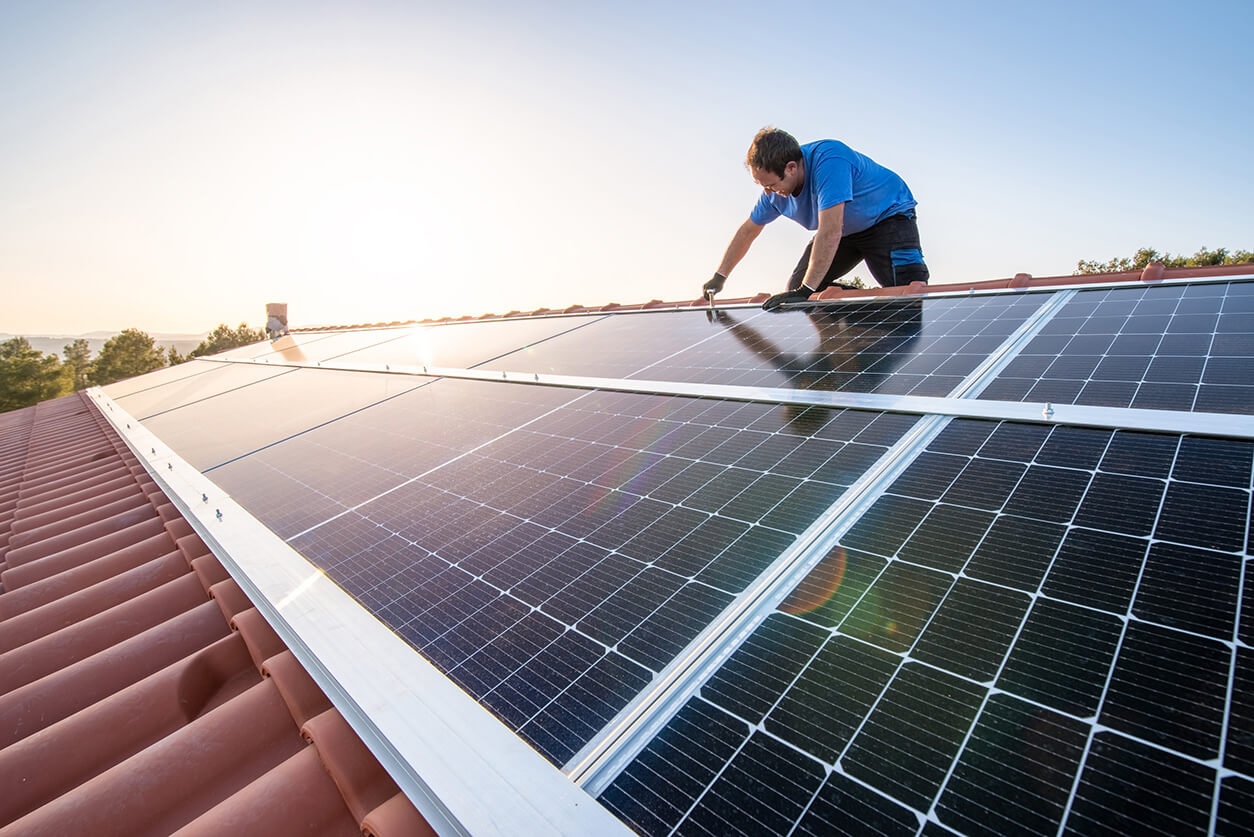Russia has taken the next step, escalating its conflict with Europe by indefinitely shutting off gas supplies to Europe. Citing economic sanctions imposed by the West, Russia has closed the taps to its Nord Stream 1 pipeline, throwing Europe into its biggest energy crisis in decades.
We are not surprised that it happened, and we’ve been saying since the start of the Russia-Ukraine war that energy supply was a potential weapon that Vladimir Putin could wield. Whether it was the pain being felt due to economic sanctions, losses seen on the battlefield, or concerns about rising levels of gas in European storage tanks, Russia believes that now is the time to cut flows through the Nord Stream 1 pipeline to zero.
This is a significant escalation, as a number of countries rely on natural gas for a large percentage of their energy. Heavy industries, in particular, are highly reliant on natural gas as a feedstock. Consumers are now seeing housing and energy costs take up nearly a third of their disposable income, while some industries are seeing capacity come offline due to rising costs. With winter looming, the prospect of yet higher gas prices is daunting for a region already staring down the crosshairs of a slowing economy.
Pipeline Perspectives
Europe is dealing with twin macroeconomic issues of: (1) slowing economic growth; and (2) elevated inflation. The European Central Bank (ECB) raised its benchmark interest rate last week by 75 basis points (i.e., 0.75%) in one of its largest single-day increases ever, all with the hope of putting the brakes on inflation.
It looks increasingly unlikely that the ECB will be able to manage down inflation without driving regional economies into recession. Although we are still finding select opportunities, this dynamic—alongside other risks we see—is causing us to remain cautious on European investments broadly.
From a more granular perspective, there are additional implications for some of our investment themes. The biggest implication is on the supply side, and for gas specifically. European countries may be forced to ration gas, which will impede market forces from destroying demand naturally. Paradoxically, this could actually prolong the crisis if demand remains artificially high due to government interventions. Subsidies paid to consumers or businesses could have a similar effect. On the other hand, this is a potential positive for the US natural gas companies as we are a net exporter. Liquid natural gas flows from the US will be running at max capacity for the foreseeable future.
We also see implications for nuclear power. The crisis highlights the importance of maintaining sufficient baseload power from reliable sources that are not subject to geopolitical threats or at risk from weather patterns. Long-term, this should be a net positive for nuclear power and uranium demand as European countries (and other countries globally) are flipping their stance on nuclear, due to their rapidly rising desire to be less reliant on Russian gas. We have seen a number of countries (such as the UK and, to some extent, Germany) already changing their tune. To take advantage of this, we continue to own a small position in uranium producers, as an overseas investment in bottom-up managed portfolios.
Our research team continues to monitor these topics and more. If you’re interested in hearing more of our monitoring points and views on an array of investing themes, then subscribe to our insights.
We're here to help
If you have any questions on how the energy situation in Europe and elsewhere may impact markets, the economy, or your portfolio, please do not hesitate to reach out.
This material contains the opinions of Manning & Napier Advisors, LLC, which are subject to change based on evolving market and economic conditions. This material has been distributed for informational purposes only and should not be considered as investment advice or a recommendation of any particular security, strategy, or investment product.



